The personal income tax policy has too many shortcomings, existing for a long time, not only the people but also National Assembly deputies and experts pointed out that it needs to be amended as soon as possible.
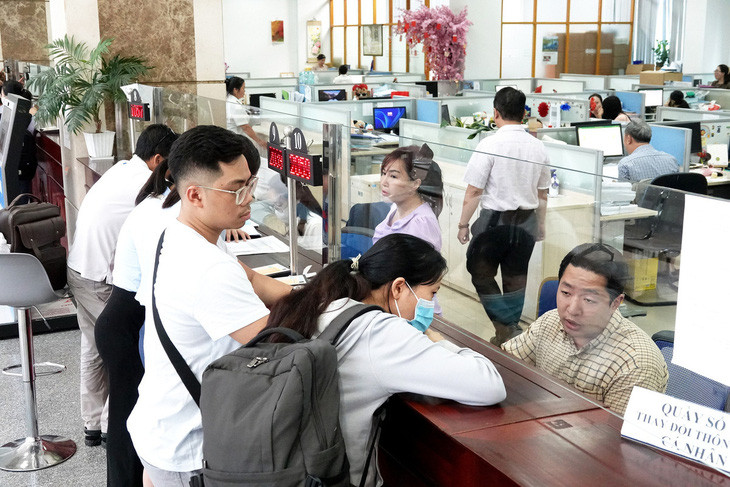
Like Tuoi Tre Online Information, draft submission to the Government proposing the development of a Law project Personal income tax (replacement) has just been sent by the Ministry of Finance to ministries, branches, and local People's Committees to collect comments and suggestions to comprehensively amend the shortcomings of personal income tax policies, and submit to the Government to propose the National Assembly to promulgate a replacement Law on Personal Income Tax.
The following article by reader Trung Hieu adds more opinions on this issue.
Should be submitted to the National Assembly in 2025 for early application.
Information Ministry of Finance Collecting comments and proposing comprehensive amendments to the Personal Income Tax Law partly relieves public expectations.
However, the passage date of mid-2026 (and therefore certainly no earlier than the end of 2026) is more disappointing for taxpayers.
A tax policy with too many shortcomings, existing for a long time, not only the people but also National Assembly deputies and experts pointed out that it needs to be amended as soon as possible.
But still have to wait and see.
Everyone knows clearly the starting tax rate, the level family deduction and the current tax schedule has too many shortcomings, not suitable to the conditions and socio-economic situation of our country.
Especially far from the living needs of the people.
It is impossible to live on the income that is currently determined as family deductions for taxpayers and dependents.
It is also impossible to let views that are no longer suitable to reality exist forever, while the nature of the personal income tax structure has changed a lot, and the adjustment mechanism is still rigid, not flexible, and not timely.
I think we cannot let people and taxpayers wait any longer.
Over the past few years, we have seen shortcomings, but the agencies drafting and proposing policies are still "hesitant" and have not proposed amendments.
Why wait until mid-2026 to submit the law amendment to the National Assembly for approval? Then when it comes into effect, it will be about 2 years from now.
More than ever, this is the time when it cannot be later, it is necessary to comprehensively amend the Personal Income Tax Law this year, submit it to the National Assembly according to the fastest possible procedures in early 2025 so that the law can soon come into practice.
Adjusted for wages, GDP growth
The amendment of this law requires a comprehensive, inclusive perspective and flexible thinking in the implementation process.
The first, The use of a tax rate adjustment process with the simplest and fastest mechanism must be included in the law. Because this is one of the laws that most closely reflects the socio-economic life and people's lives, which fluctuate every year.
Monday, If people's income is considered a source of tax, it should be applied as an adjustment for corporate income tax (regarding tax rates, what can be deducted from income, other than family deductions…).
Tuesday, The family deduction must be increased to at least 20 million VND for taxpayers and 10 million VND for dependents.
At the same time, apply the mechanism to adjust these levels based on the minimum wage increase (which can be the basic wage or regional minimum wage) and the average GDP growth rate per capita, not based on consumer price index (CPI) as it is today.
Wednesday, It is necessary to stipulate a lower mobilization rate in personal income tax, at most equal to the corporate income tax rate.
Reduce the tax brackets, calculate so that higher income brackets are taxed more and reduce the tax rate for lower income brackets to maximize the income regulation of this tax policy.
At the same time, distinguish tax rates for different urban and rural areas, ensuring suitability with the life and income of each residential area.
It is necessary to mobilize a part of taxpayers' income into the state budget and regulate people's income.
However, it is necessary to ensure the minimum living standards of the people, ensure the ability to accumulate income and meet the greater needs of life.
Especially in the current context, prices of goods and services fluctuate continuously, with things closely related to people's livelihoods such as housing, health care, treatment, prevention, and even investment in children's education...
Source


![[Photo] Looking back at the impressive moments of the Vietnamese rescue team in Myanmar](https://vstatic.vietnam.vn/vietnam/resource/IMAGE/2025/4/11/5623ca902a934e19b604c718265249d0)
![[Photo] "Beauties" participate in the parade rehearsal at Bien Hoa airport](https://vstatic.vietnam.vn/vietnam/resource/IMAGE/2025/4/11/155502af3384431e918de0e2e585d13a)







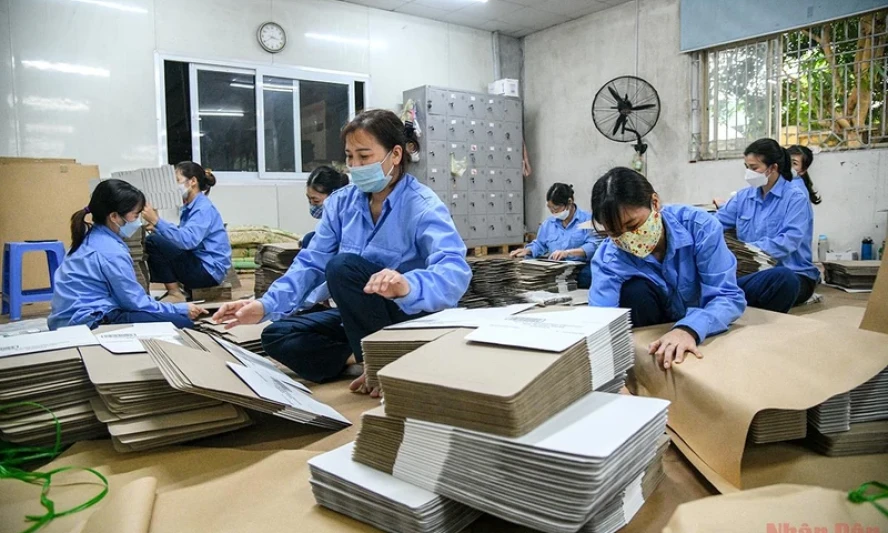





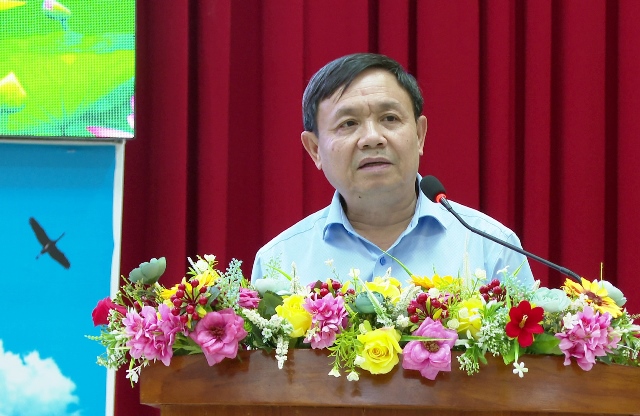

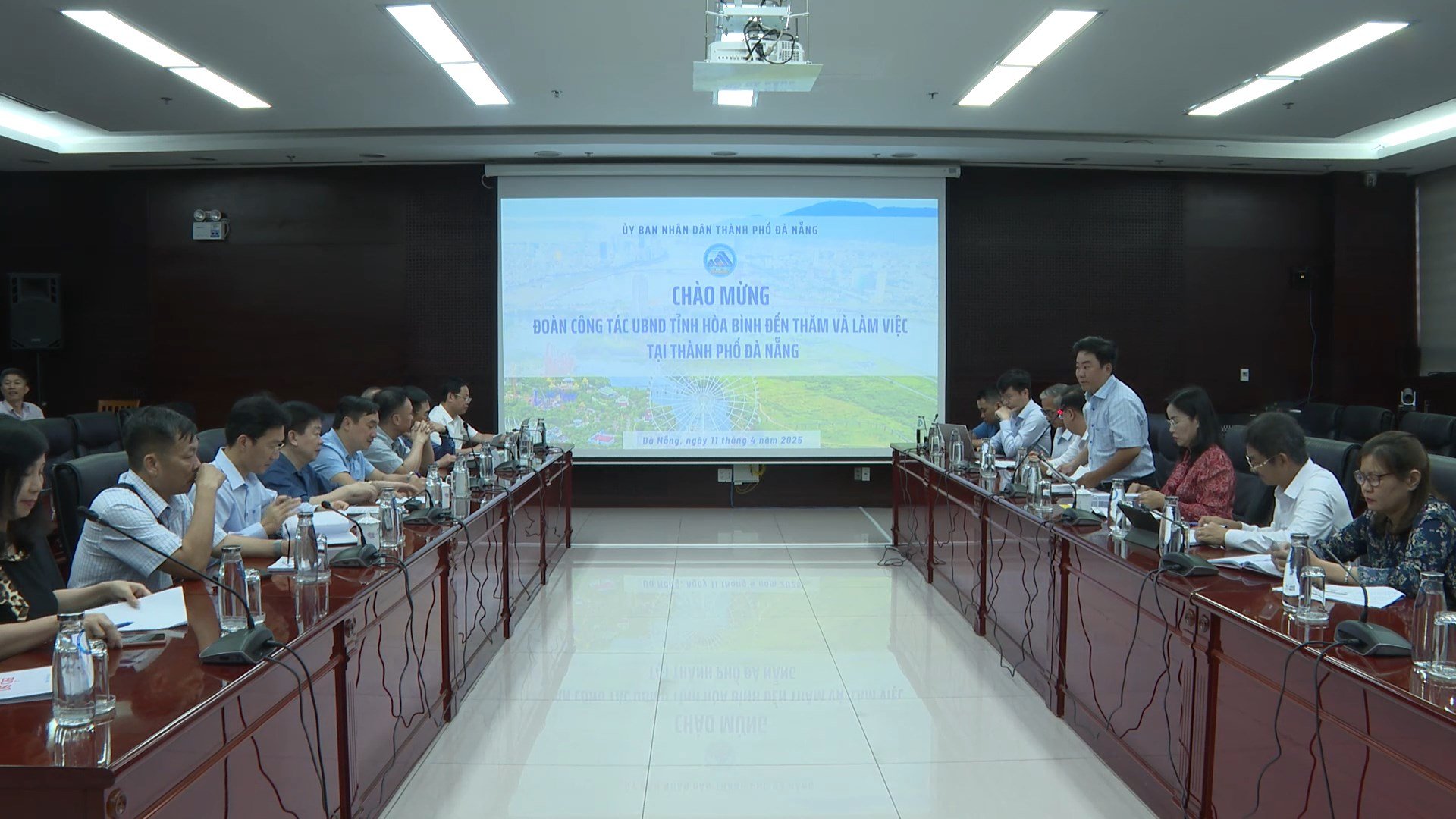






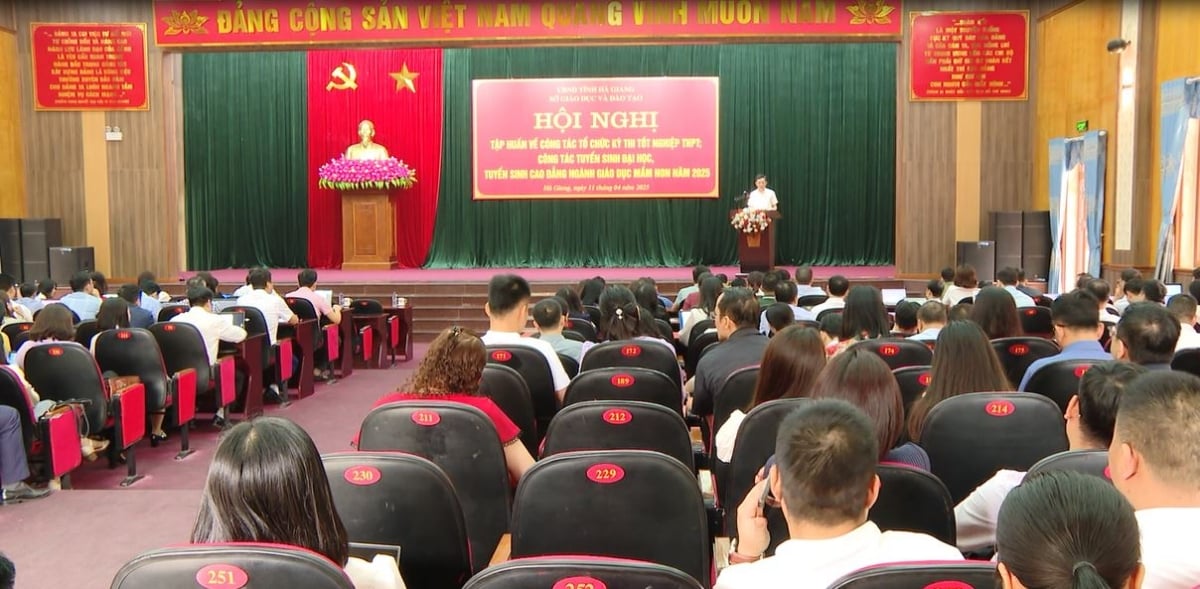
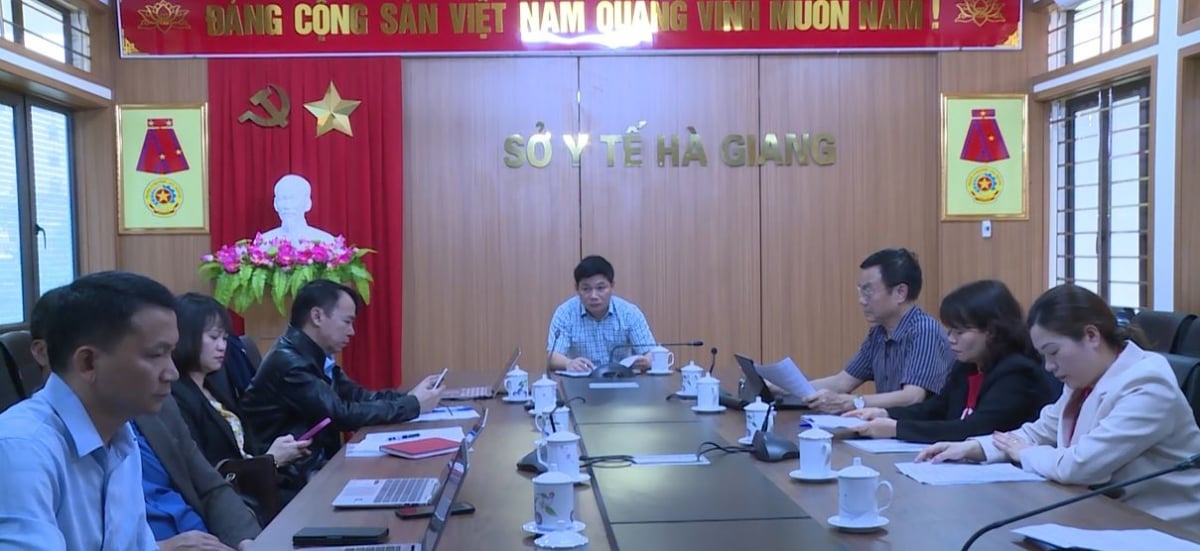
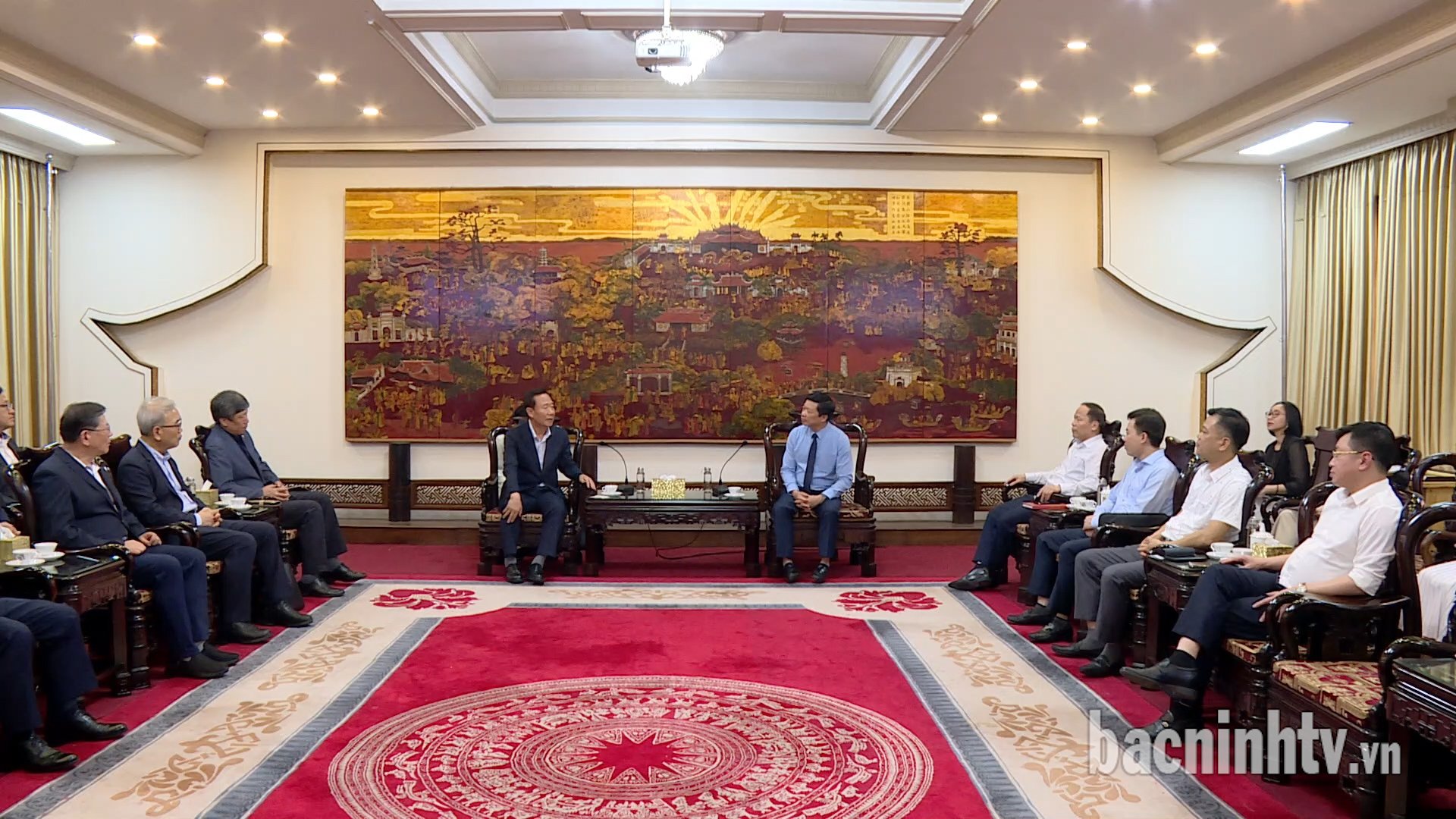

![[Photo] Summary of parade practice in preparation for the April 30th celebration](https://vstatic.vietnam.vn/vietnam/resource/IMAGE/2025/4/11/78cfee0f2cc045b387ff1a4362b5950f)








































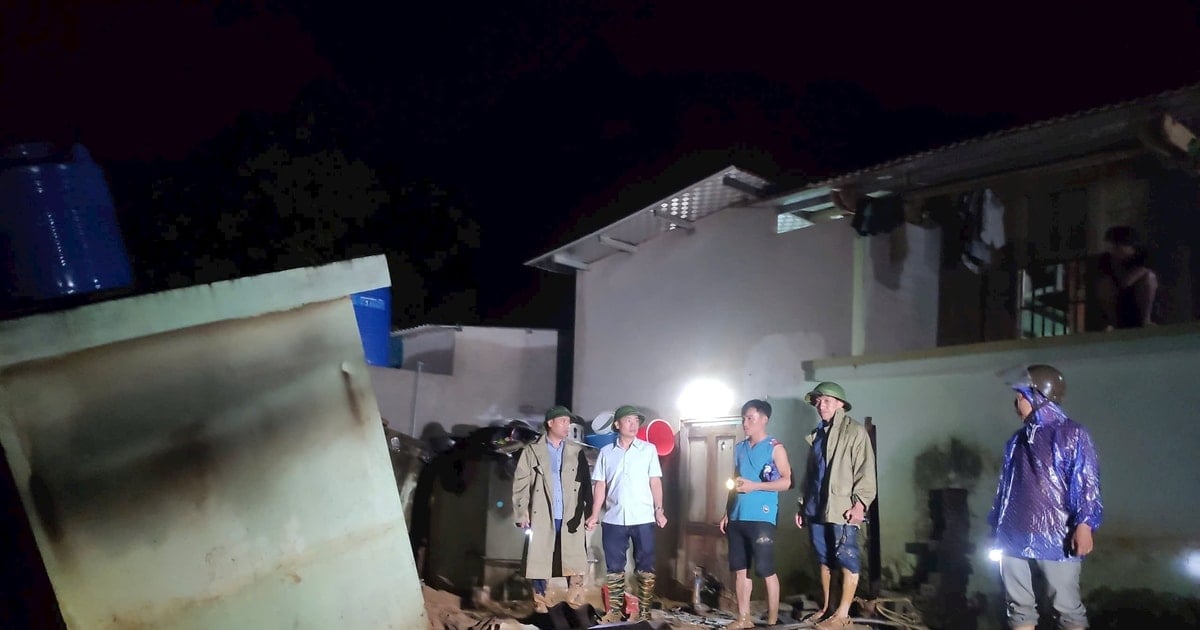



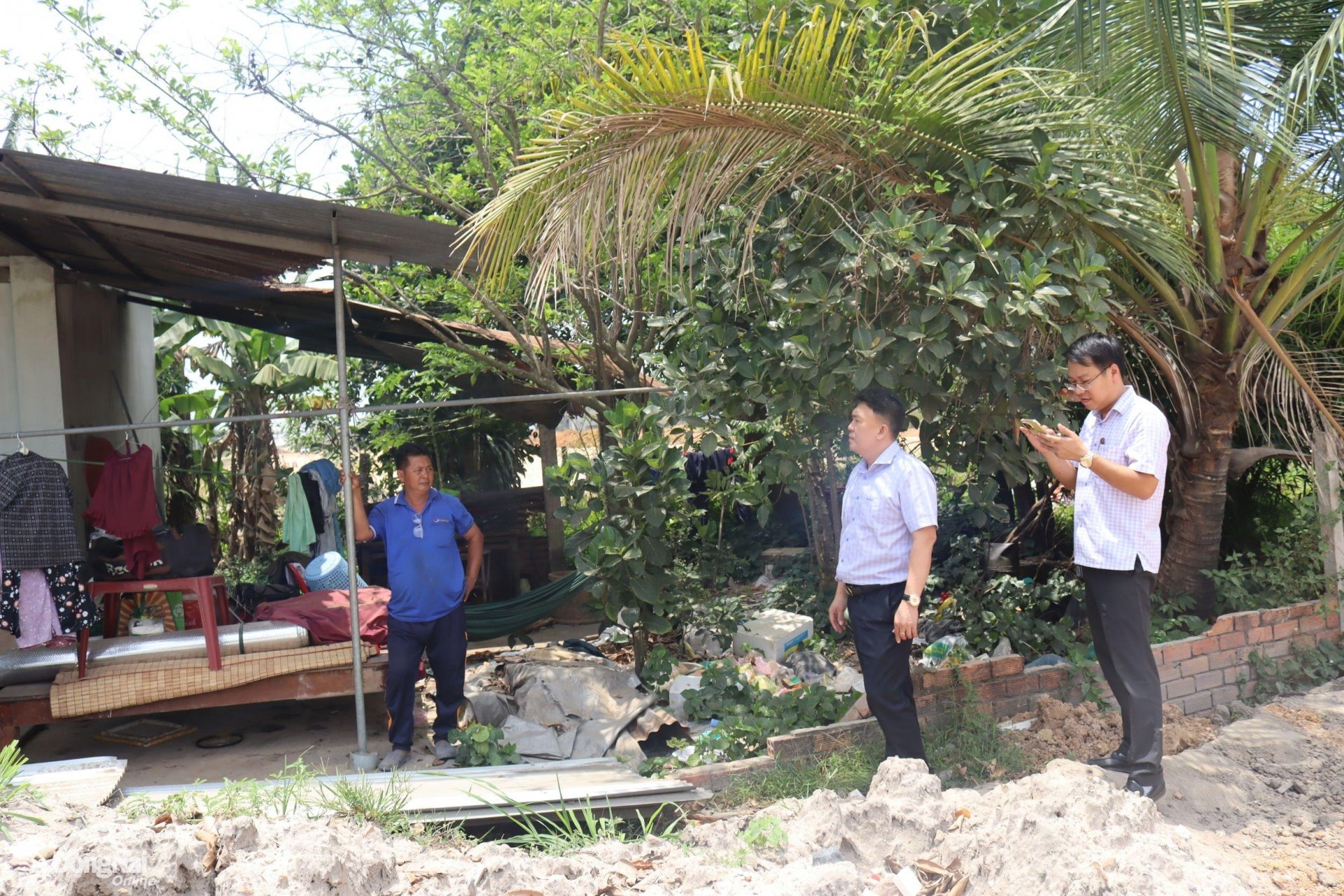


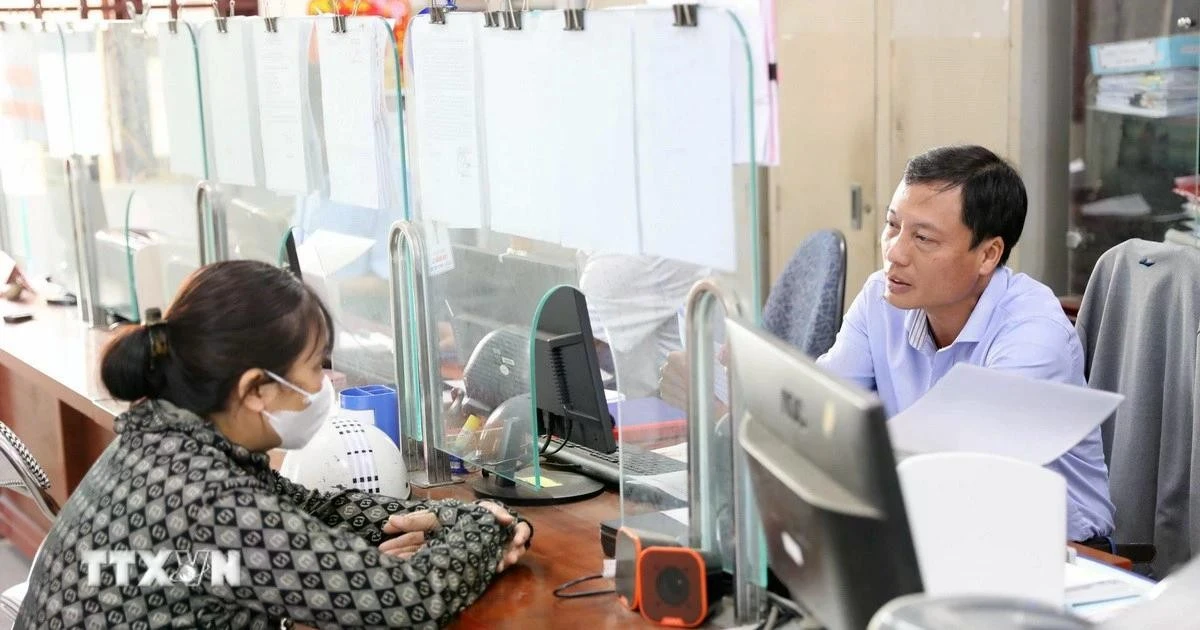












Comment (0)